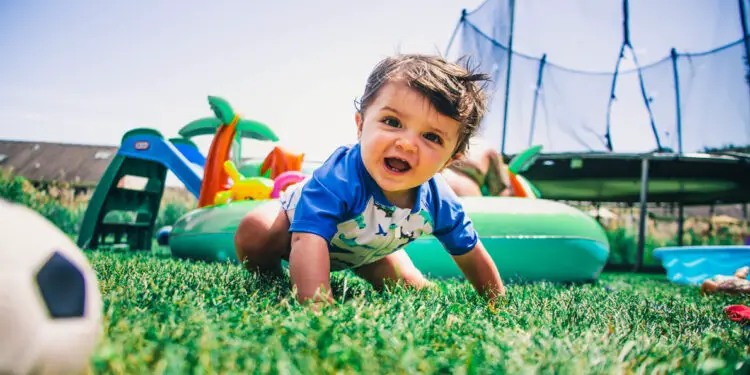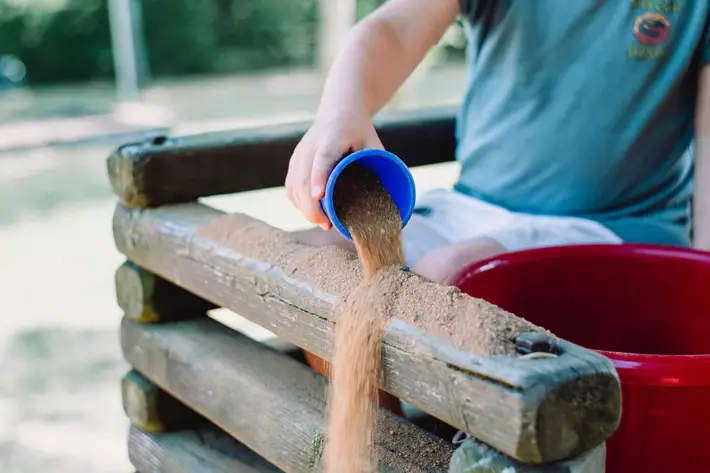Why Playtime is So Important for Children in Care

Playtime is a vital part of a child’s development, yet despite this, not every child gets to experience playtime in a safe and loving setting. Children in care may have had parents who couldn’t afford toys or didn’t understand the importance of play. As a foster carer, you can teach children many skills through playtime. Below we look at why playtime is so important for children in care.
Play Sparks Creativity and Imagination
Playing with different toys sparks a child’s imagination, which will help them to understand what they are interested in and could help them decide their true calling later in life. Allowing children to express themselves through different mediums, such as painting or arts and crafts, will spark their creativity. Art can also be great therapy for children and adults alike.
If you believe you would enjoy teaching a child how to express themselves through play, you may want to consider fostering in the UK. Fostering is more than just a career; it is a calling for those who want to help children to flourish and feel safe and loved.
Play Improves Mental and Physical Health
No matter what your age, playtime has a vital role in our mental and physical health. Foster children can develop good physical fitness, balance, coordination, and other important physical skills through playing outside.
This could be through teaching them how to ride a bike, skateboard, roller skates, or anything else they express an interest in. Not only is this fun but improving a child’s physical health has a major impact on their mental health too.
It Teaches Social Skills
Foster children may have been raised without playing with other children, especially if they were an only child or their parents didn’t take them to playgroups or creche. A very important aspect of playtime is the social aspect, where children can learn how to play nicely together and share. The social skills built during play will come in handy later in life too, such as at school and work.
Playtime with other children is a fantastic way to encourage a shy foster child to make new friends and explore new places. With some gentle encouragement, children can gain confidence and social skills through play, whilst having so much fun doing it.
Play Encourages Independence
All children want to build independence for themselves, and play is just one way they can do this. You can start encouraging independence for a foster child by asking them what activity they would like to do or allowing them to get their toys from the toy box.
You should also empower children to play alone sometimes. Alone time is essential for all children, as they learn that they have all they need to have fun and feel safe. This can also give you time to get on with household chores like the laundry or cooking.
Playtime is an important aspect of any child’s development, but even more so for children in care. Being placed with a foster carer can be a confusing time for children, and play is a great way to improve their well-being, development, and overall health.










